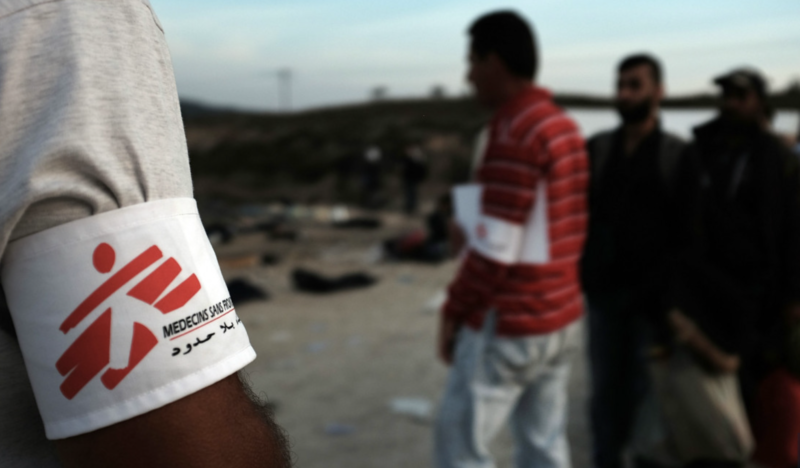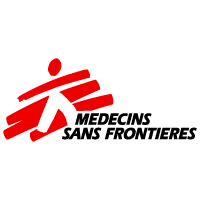Innovation and Humanitarian Impact | MSF Crowdsourcing Solutions
Doctors Without Borders/Médecins Sans Frontières (MSF) serves as a global symbol of humanitarian aid, operating in nearly 72 countries and uniting 33 offices and associations worldwide. For five decades, they’ve been on the front lines, providing vital medical assistance in the wake of conflicts, disasters, epidemics, and crises.
Connecting a Global Movement Through Innovation
In 2010, recognizing the wealth of talent within their ranks and the agility of their organizational structure, MSF launched an innovation unit to harness creative ideas across all levels and areas. The innovation group at MSF identifies operational challenges and strategic ambitions and then articulates them into a problem statement and assigns global moderators to build interdisciplinary teams and evaluate ideas. Still, they struggled in creating strong interaction between members, which was vital to answering questions such as “How can we meet our goals during COVID?” and “How can we become a more sustainable planetary health organization?”
In 2017, MSF partnered with IdeaScale to create a user-friendly community called “Think Up.” Here, individuals could not only share ideas but also engage in meaningful debates and collaboratively develop solutions for the entire MSF community. This shift towards crowdsourcing marked a democratization of innovation, all while staying true to MSF’s core mission of saving lives.
Before campaign launch, an interdisciplinary group is assembled that is composed of those who would be implementing the ideas in particular challenge areas. The team also maintains an open-ended campaign that is used to constantly identify and cultivate new initiatives outside of structured campaigns. Suggestions can range from small efficiency gains to transformational ideas.
When a campaign kicks off, the innovation team leverages IdeaScale’s idea capture, voting, and collaboration features, using interactive events to encourage participation. Ideas go through a rigorous review process, with selected ones progressing to proof-of-concept or pilot implementations. The outcomes inform decisions on scalability, further improvement, or postponement, ensuring that only the most promising innovations advance.

Life-Saving Results
- An educational game app developed during the Ebola outbreak was modified and adapted to respond to the COVID-19 pandemic in a relatively short time. It helped to teach individuals about COVID or ebola and adjusted social behaviors for safety, and gained over a million clicks on social media.
- MSFeCARE: a tool to provide frontline clinicians with guided decision-making support to increase the quality of clinical assessment and care (particularly in children under the age of five).
- A telehealth system that allowed doctors to monitor patients taking their life-saving MDRTB medication from home (rather than coming into the clinic to monitor them for adherence and health risks).
As Abiy Tamrat, Medical Technologies Coordinator and Innovation Lead at MSF, emphasizes: “These campaigns aren’t just about problem-solving, they’re about fostering awareness, building connections, and driving positive change across the organization.”
Conclusion
Médecins Sans Frontières has demonstrated remarkable ingenuity and adaptability through its innovation journey. By leveraging the collective intelligence of its diverse community and embracing the democratization of innovation, MSF has not only addressed critical challenges but also fostered a culture of collaboration and continuous improvement. The transformative impact of this initiative is evident in the life-saving solutions introduced. Beyond problem-solving, these campaigns serve as powerful tools for raising awareness, forging connections, and driving positive change throughout the organization.


